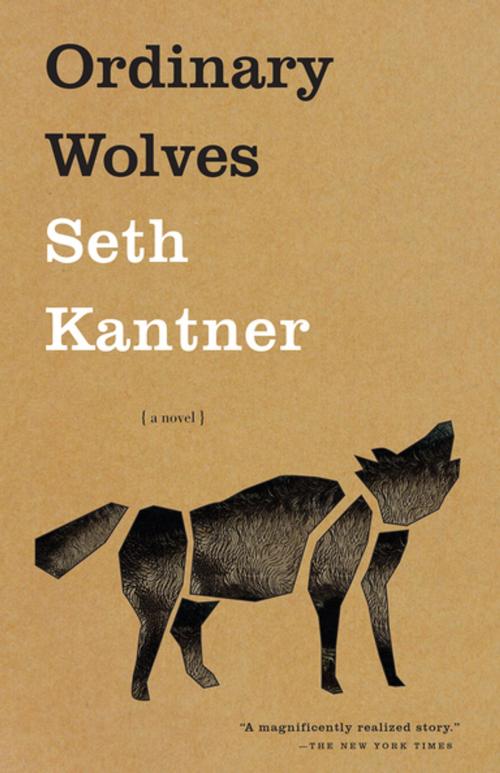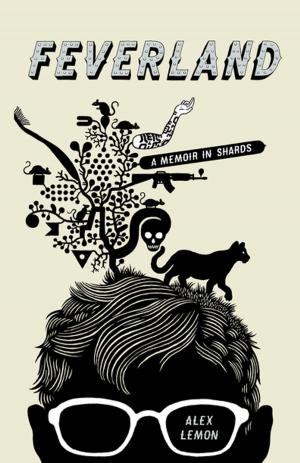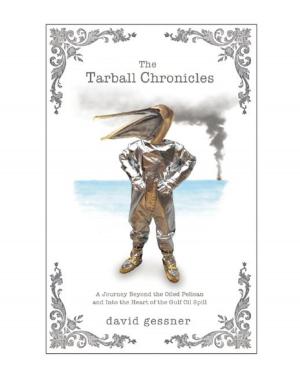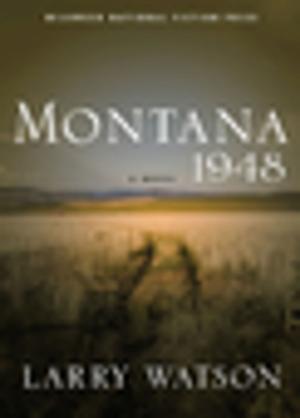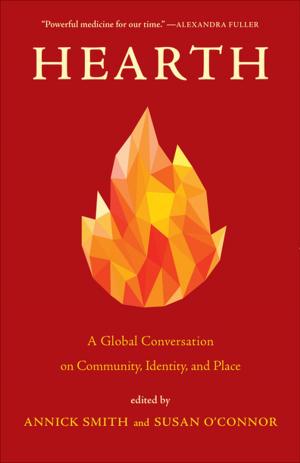| Author: | Seth Kantner | ISBN: | 9781571318022 |
| Publisher: | Milkweed Editions | Publication: | January 1, 2010 |
| Imprint: | Milkweed Editions | Language: | English |
| Author: | Seth Kantner |
| ISBN: | 9781571318022 |
| Publisher: | Milkweed Editions |
| Publication: | January 1, 2010 |
| Imprint: | Milkweed Editions |
| Language: | English |
Ordinary Wolves depicts a life different from what any of us has known: Inhuman cold, the taste of rancid salmon shared with shivering sled dogs, hunkering in a sod igloo while blizzards moan overhead. But this is the only world Cutuk Hawcley has ever known. Born and raised in the Arctic, he has learned to provide for himself by hunting, fishing, and trading. And yet, though he idolizes the indigenous hunters who have taught him how to survive, when he travels to the nearby Inupiaq village, he is jeered and pummeled by the native children for being white. When he leaves for the city as a young man, two incompatible realities collide, perfectly capturing "the contrast between the wild world and our ravaging consumer culture." (Louise Erdrich). In a powerful coming of age story, a young man isolated by his past must choose between two worlds, both seemingly bent on rejecting him.
Ordinary Wolves depicts a life different from what any of us has known: Inhuman cold, the taste of rancid salmon shared with shivering sled dogs, hunkering in a sod igloo while blizzards moan overhead. But this is the only world Cutuk Hawcley has ever known. Born and raised in the Arctic, he has learned to provide for himself by hunting, fishing, and trading. And yet, though he idolizes the indigenous hunters who have taught him how to survive, when he travels to the nearby Inupiaq village, he is jeered and pummeled by the native children for being white. When he leaves for the city as a young man, two incompatible realities collide, perfectly capturing "the contrast between the wild world and our ravaging consumer culture." (Louise Erdrich). In a powerful coming of age story, a young man isolated by his past must choose between two worlds, both seemingly bent on rejecting him.
